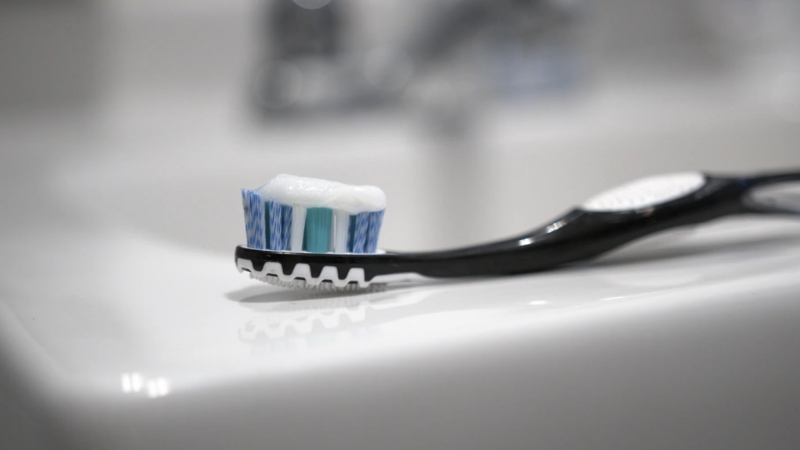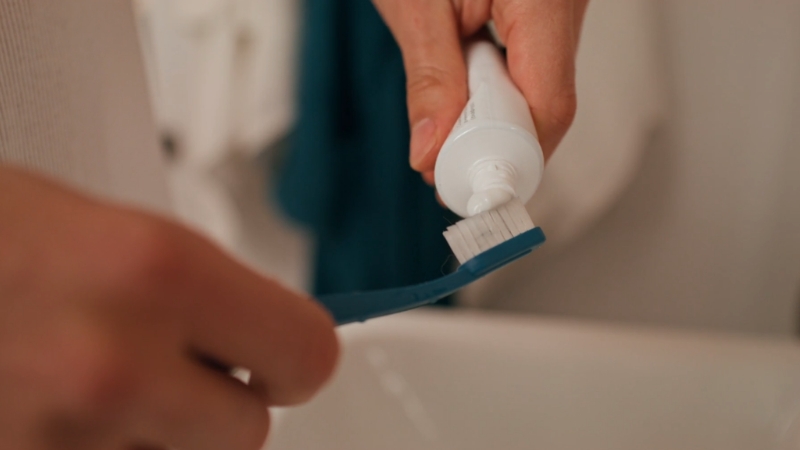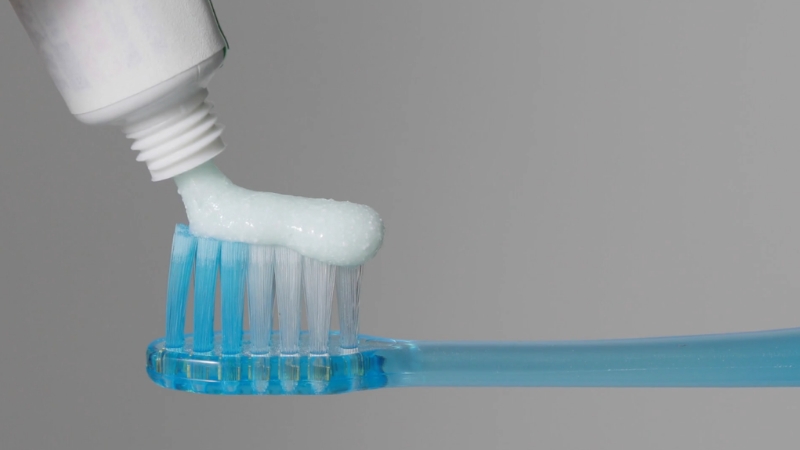When it comes to your oral health, you might not think twice about sharing a toothbrush with someone else. But, the truth is, sharing a toothbrush can increase the risk of spreading bacteria or viruses, and even lead to diseases from sharing toothbrushes.
According to the American Dental Association, the risks of transferring bacteria and viruses far outweigh the benefits, making the health risks of sharing a toothbrush a serious concern.
Imagine a simple act of sharing a toothbrush can expose you to various diseases, including gum disease, especially if the person has gum disease. The American Dental Association advises against sharing toothbrushes due to the transfer of harmful bacteria, viruses, and microorganisms that can cause oral and systemic infections.
In fact, research data shows that one-third of adults admit to sharing a toothbrush, which can lead to cross-contamination of different types of bacteria, increasing the risk of oral and dental problems.
In the United States, toothbrushes are considered inexpensive and easy to obtain, contributing to the notion that sharing a toothbrush is unnecessary. This can be seen in retail data, showing the affordability and accessibility of toothbrushes.
So, why take the risk? The best alternative to sharing a toothbrush is to use your own toothbrush and not share it with anyone else, reducing the health risks of sharing a toothbrush and keeping your oral health in check.
The Risks of Toothbrush Sharing
Your toothbrush is more than just a tool for cleaning teeth. It can become a hotspot for bacteria transfer from toothbrushes, leading to various health risks. Let’s delve into how this happens and why it’s a concern.
How Bacteria Transfer Between Toothbrushes
When you share a toothbrush, bacteria can easily move from one brush to another. This transfer happens through saliva and contact with surfaces where toothbrushes are stored.
- Staphylococcus aureus
- Pseudomonas
- E. coli
The Science Behind Oral Bacterial Growth

Toothbrush contamination occurs because moist environments are perfect for bacteria to thrive. Each time you brush, bacteria multiply on the bristles, increasing the risk of infection.
Why Dental Professionals Warn Against Sharing
Experts on toothbrush hygiene emphasize that sharing toothbrushes can spread harmful microbes, especially to those with weakened immune systems. Dental professionals recommend using your own brush to maintain optimal oral health.
“Avoiding toothbrush sharing is crucial to prevent the spread of infections and ensure effective oral hygiene,” says Dr. Emily Clark, DDS.
Statistic
Percentage
People in Britain who share toothbrushes
26%
Men willing to share toothbrushes
32%
Women willing to share toothbrushes
20%
Younger adults willing to share
55%
Parents willing to share
30%
Grandparents willing to share
13%
What Diseases Can You Get from Sharing a Toothbrush
View this post on Instagram
Sharing toothbrushes may seem harmless, but it can expose you to various health risks. Every time you use someone else’s brush, you increase the presence of harmful bacteria on the toothbrush, elevating your chances of infections.
Blood-Borne Diseases and Viruses
When gums bleed during brushing, microscopic blood particles can remain on the toothbrush. This can transmit serious viruses like hepatitis B and C, and even HIV, increasing the risk of severe blood-borne infections.
Bacterial Infections and Oral Health Problems
Bacteria such as Streptococcus mutans thrive on toothbrushes, leading to tooth decay and gum disease. Sharing toothbrushes and infections can accelerate these oral health issues, causing tooth loss and abscesses.
Respiratory and Gum Diseases
Sharing toothbrushes can also spread respiratory infections like the flu and common cold viruses. Moreover, periodontal disease can worsen, leading to gum recession and increased susceptibility to other infections.
Disease
Transmission Risk via Toothbrush Sharing
Potential Health Impact
Hepatitis B & C
High
Chronic liver disease, liver cancer
HIV
Moderate
Weakened immune system
Streptococcus mutans
High
Tooth decay, MRSA infections
Herpes Simplex Virus
High
Oral and genital herpes
Human Papillomavirus (HPV)
Moderate
Oral and esophageal cancers
Protecting Your Oral Health: Essential Toothbrush Care

Maintaining good toothbrush hygiene is crucial for your oral health. By following simple toothbrush hygiene tips, you can significantly reduce the risk of infections and keep your smile healthy.
- Rinse your toothbrush thoroughly with tap water after each use to remove toothpaste and debris.
- Store your toothbrush upright in a holder to allow it to air dry completely, minimizing bacterial growth.
- Replace your toothbrush every three to four months, or sooner if the bristles become frayed.
- Disinfect your toothbrush by soaking it in antibacterial mouthwash or a solution of 3% hydrogen peroxide to reduce bacterial load.
- Avoid sharing your toothbrush to prevent disease transmission within your household.
When traveling or in emergencies where reusing a toothbrush might be tempting, ensure it is properly cleaned and dried before use. Regularly updating your toothbrush and following these hygiene practices are key steps in preventing disease from toothbrush sharing.
Practice
Benefit
Rinsing with tap water
Removes debris and toothpaste
Storing upright
Prevents bacterial growth by allowing air drying
Replacing every 3-4 months
Ensures bristles remain effective and hygienic
Disinfecting with mouthwash
Reduces bacterial load by over a third
Avoiding sharing
Prevents disease transmission
Maintaining Personal Oral Hygiene Standards
@drmilesmadisonBe smart with how you choose to store your toothbrush
Taking care of your toothbrush is a vital part of your daily health routine. Did you know that 32% of men are more likely to share toothbrushes compared to 20% of women?
Younger adults are nearly twice as willing to share than their parents. These habits can increase the risk of transmitting harmful bacteria and viruses.
Following toothbrush hygiene tips is essential to prevent oral and overall health issues. Experts on toothbrush hygiene recommend cleaning your toothbrush regularly and using it exclusively.
Avoid sharing your toothbrush to minimize the chance of spreading infections.
If you ever need to share a toothbrush, consider keeping spare ones for guests or opting for disposable toothbrushes when traveling. These simple steps can make a big difference in maintaining your oral health.
Remember, prioritizing your toothbrush hygiene not only protects your smile but also contributes to your overall well-being. By following these guidelines from experts on toothbrush hygiene, you take an important step towards a healthier life.

